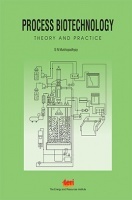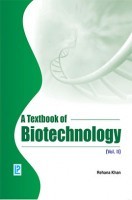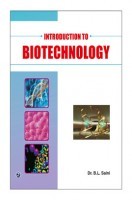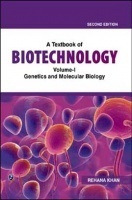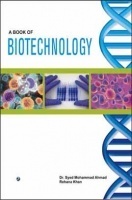Bioinformatics Technologies Methods and Interpretations by Vinra Publication
Book Summary:
The volume
“Bioinformatics Technologies Methods and Interpretations” contains eight chapters. The first chapter focuses on traditional disciplines of systems biology, such as genomics, biochemistry and molecular biology, mathematical and computational modeling, the application of traditional engineering practices in the analysis of biochemical systems; and in the past decade increasingly and the frontier of cross-disciplinary research in biology. An overview of multiple sequence alignments and cloud computing in bioinformatics is presented in the second chapter. The third chapter provides a useful tool for inferring overlapping transcription levels, which aims to help us gain comprehensive understandings of the complex regulatory mechanism mediated by overlapping transcripts. The fourth chapter provides a survey of existing end-user-oriented literature retrieval and/or mining solutions for bioinformatics, together with a short discussion on open challenges. The fifth chapter offers a number of insights with respect to the total number of CNVs across individuals including gains and losses, program-specific distributions of CNV size, and CNV distribution across chromosomes. Protein bioinformatics infrastructure for the integration and analysis of multiple high-throughput “omics” data has been discussed in the sixth chapter. The seventh chapter discusses a number of recent studies being done within the most popular sub-branches of health informatics, using big data from all accessible levels of human existence to answer questions at all levels. The eighth chapter focuses on the ways in which bioinformatics is involved in the enactment of population identities and presents two cases of bioinformatics technologies that play a role in such enactments.
This book is Useful for Biotechnology Students.
Table of Content:
Chapter 1 Systems Biology: The Next Frontier for Bioinformatics
Chapter 2 An Overview of Multiple Sequence Alignments and Cloud Computing in Bioinformatics
Chapter 3 Iaoseq: Inferring Abundance of Overlapping Genes Using Rna-Seq Data
Chapter 4 Literature Retrieval and Mining in Bioinformatics: State of the Art and Challenges
Chapter 5 Biological Relevance of Cnv Calling Methods Using Familial Relatedness Including Monozygotic Twins
Chapter 6 Protein Bioinformatics Infrastructure for the Integration and Analysis of Multiple High-Throughput “ Omics” Data
Chapter 7 A Review of Data Mining Using Big Data in Health Informatics...
Chapter 8 The Bioinformatics of Genetic Origins: How Identities Become Embedded in the Tools and Practices of Bioinformatics









